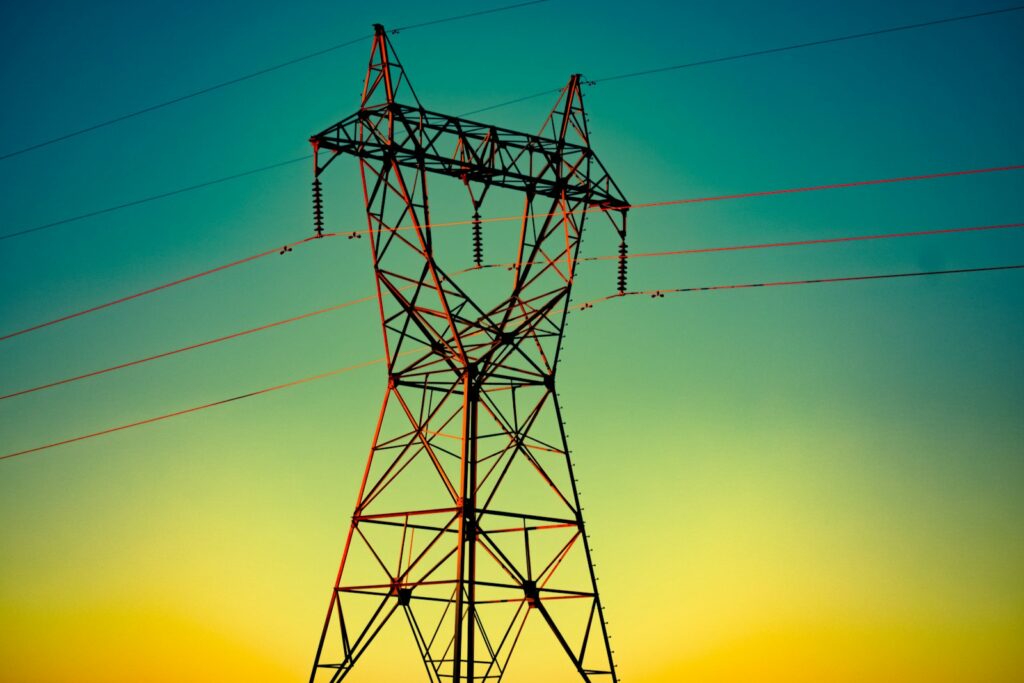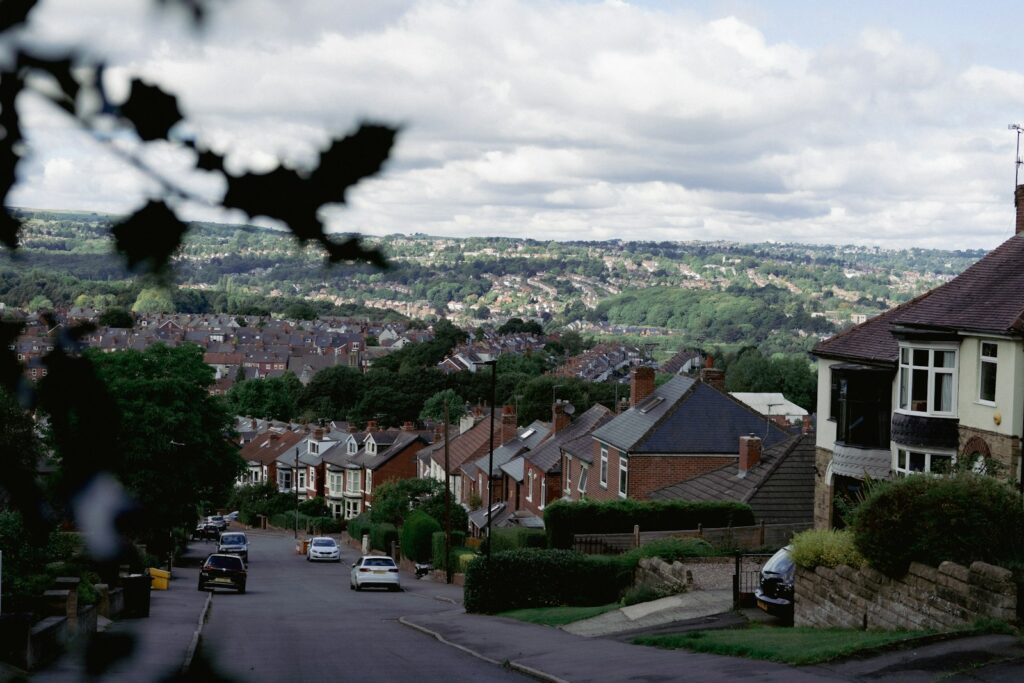This week saw councillors approving iGas’ planning application to frack two wells in Nottinghamshire.
This represents another small victory for the UK’s shale gas industry, but the reality is that if iGas wants to carrying out hydraulic fracturing at Misson it will need further permissions, as it will if it goes to development.
Thus, we are still a long way from a commercial shale gas industry, something that the government wants to see by the early 2020s. Cuadrilla are hoping to start drilling near Blackpool next year and that process started in 2013.
Yet time and again councillors are advised by their planning officers that issues being raised by the public are not ‘material concerns.’ In other words, they are not a reason for rejecting the application within the terms of planning law.
The current conflict at the level of potential shale gas communities demonstrates a paradox: Cuadrilla, iGas and Third Energy – subject to judicial review – may have succeeded in getting a regulatory licence to frack, but they do not seem to have a social licence at either a national or local scale.
The government’s own opinion survey shows public approval of shale gas at an all-time low and local communities are mobilising across the country to oppose shale gas development. There is even a hit play about a community organising to stop shale gas drilling.
All of the current activity is related to the 13th round licences granted back in 2008, the impact of the 14th round licences is yet to be felt and councils across the country must be bracing themselves for the next wave of planning applications, a second one is due from iGas in Nottinghamshire.
However, the industry would do well to learn lessons from these early skirmishes and engage early and often in a transparent and truly collaborative manner – basic prerequisites for a social licence – if it hopes to move at anything other than a snail’s pace.
















